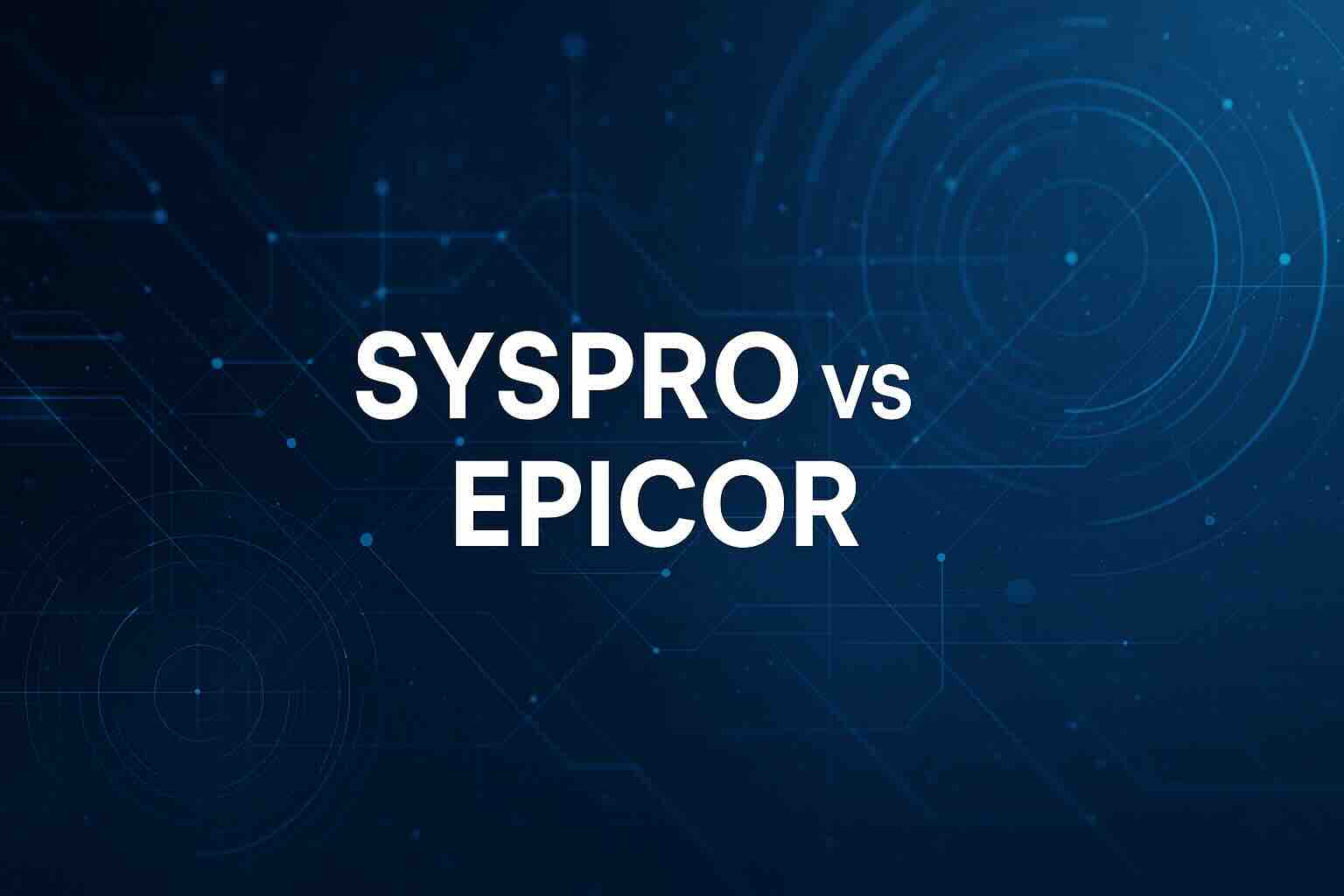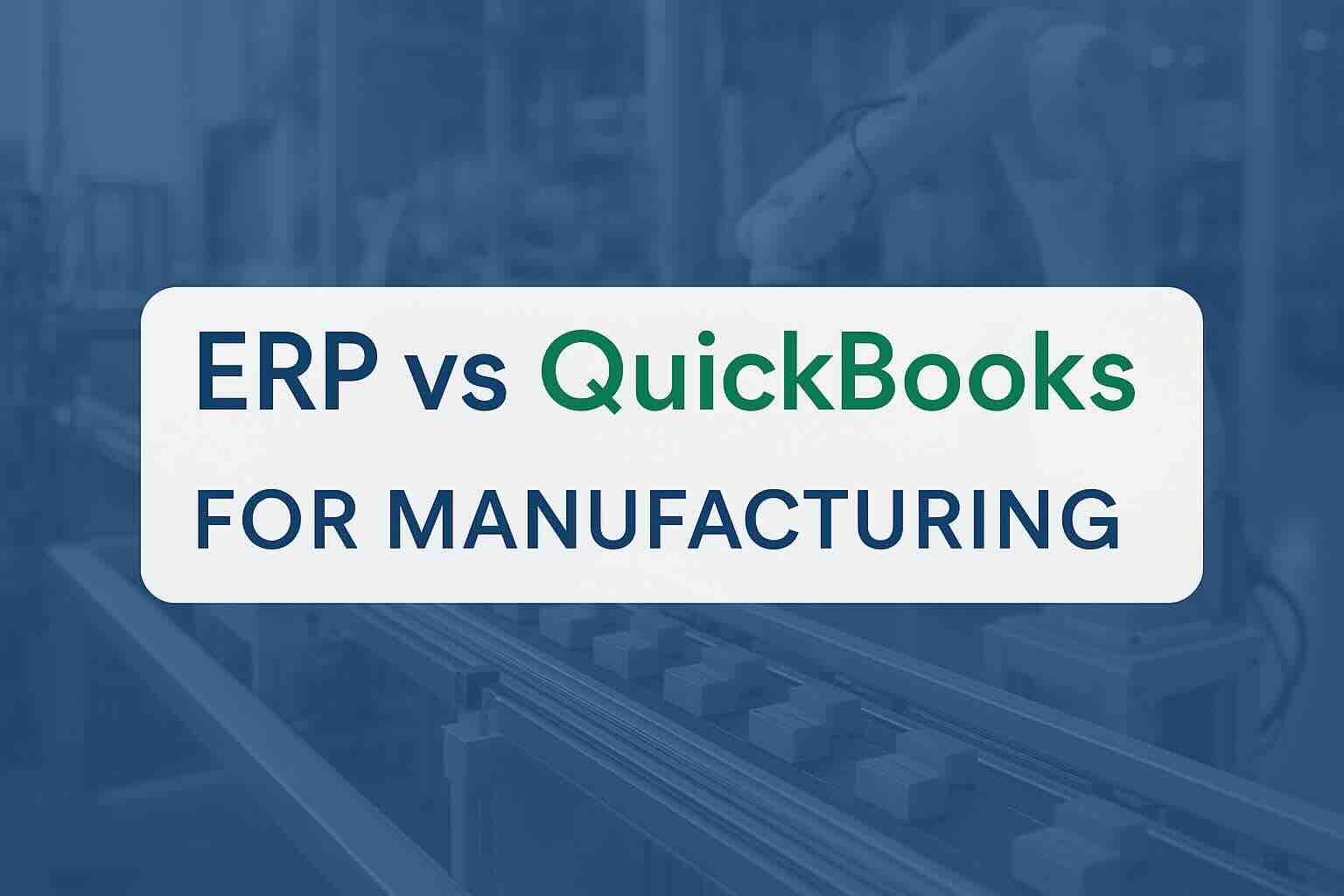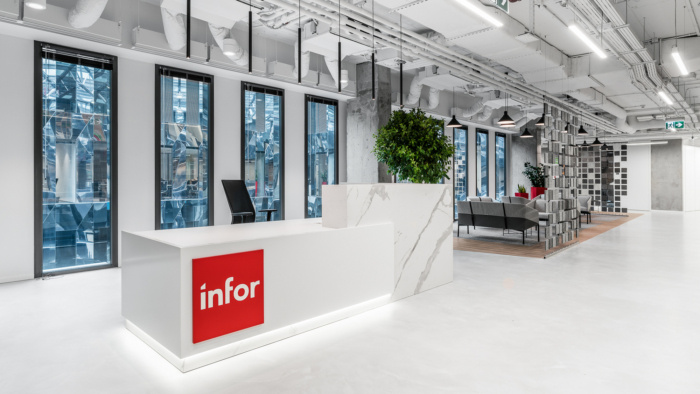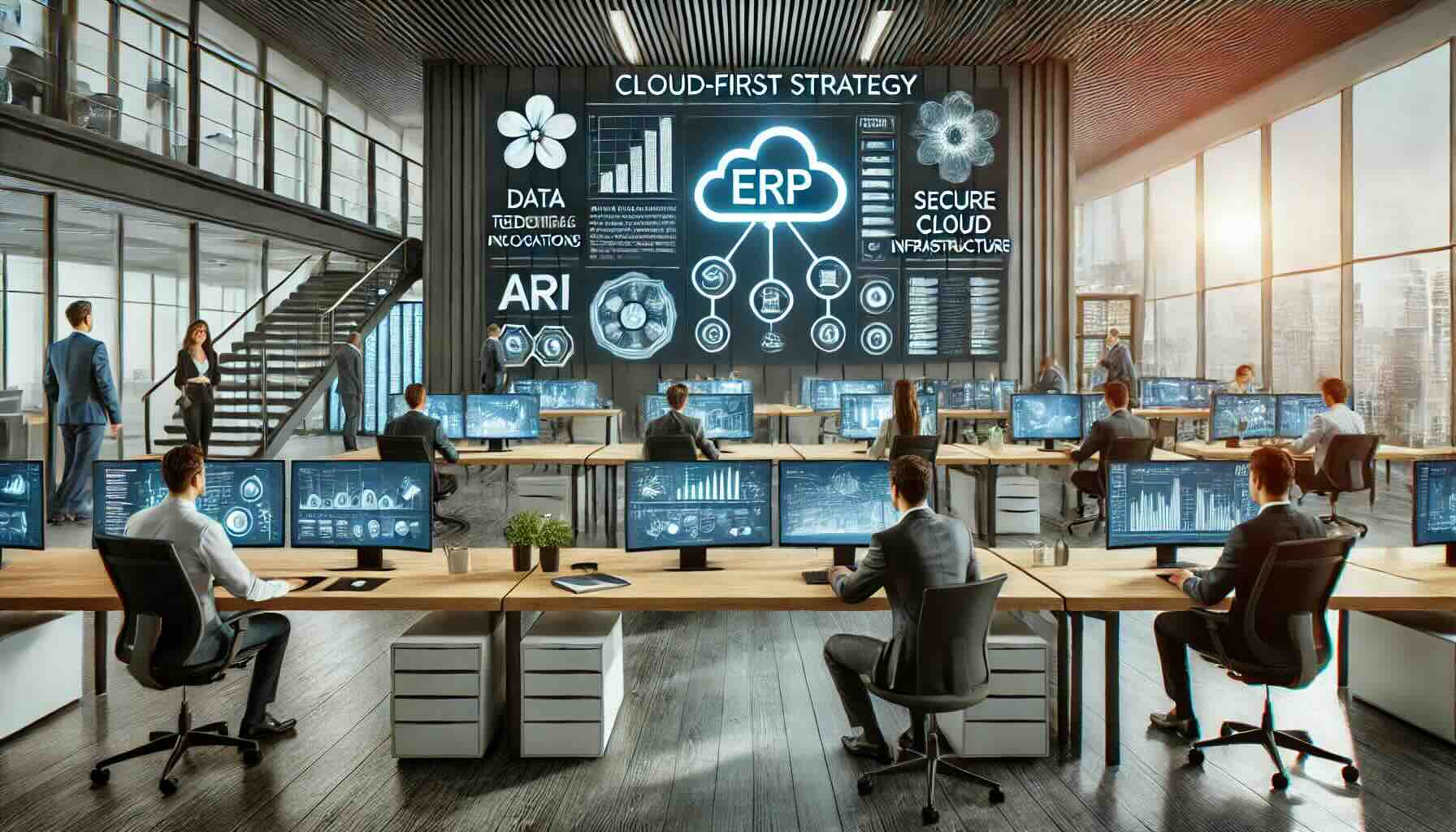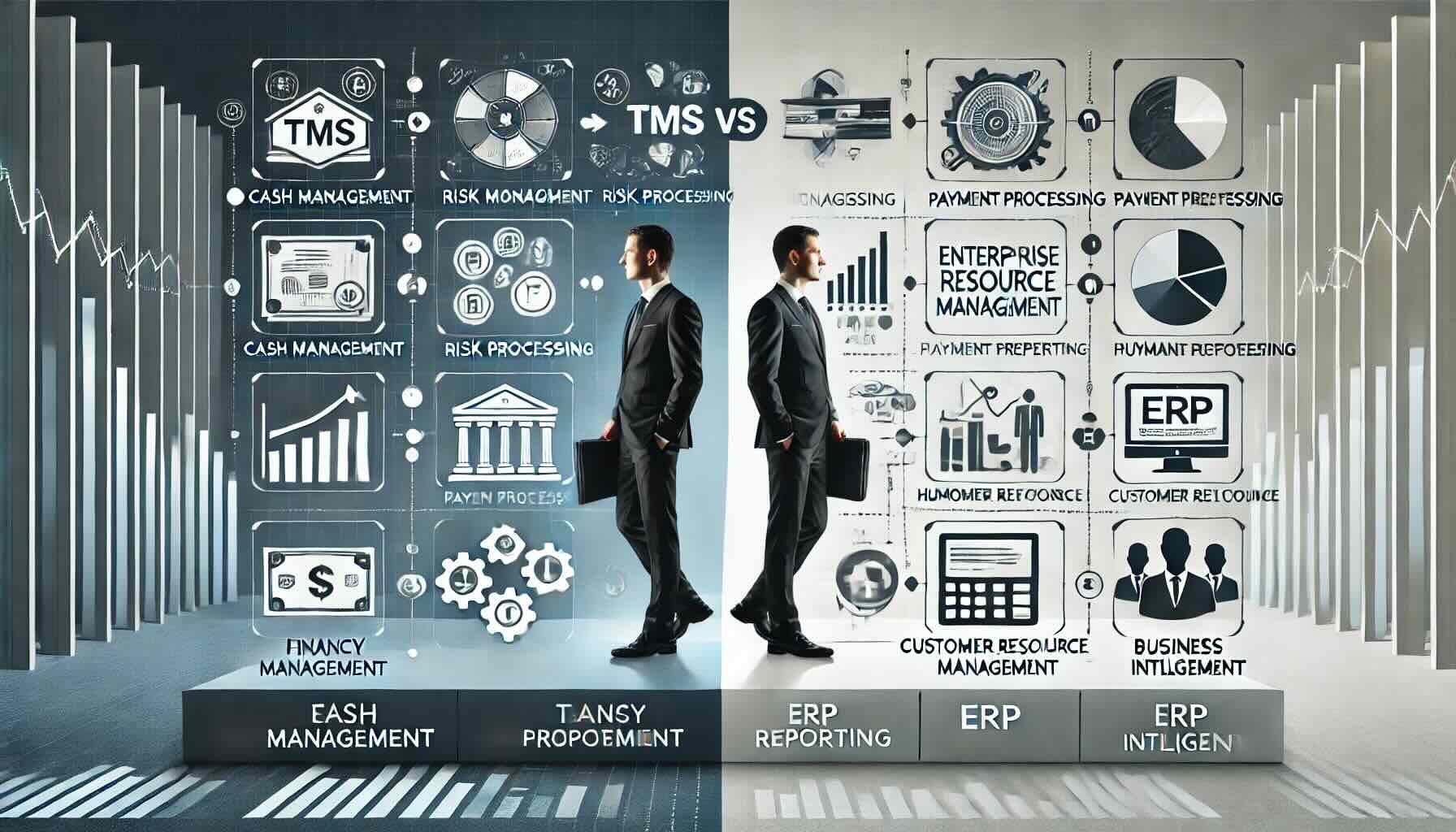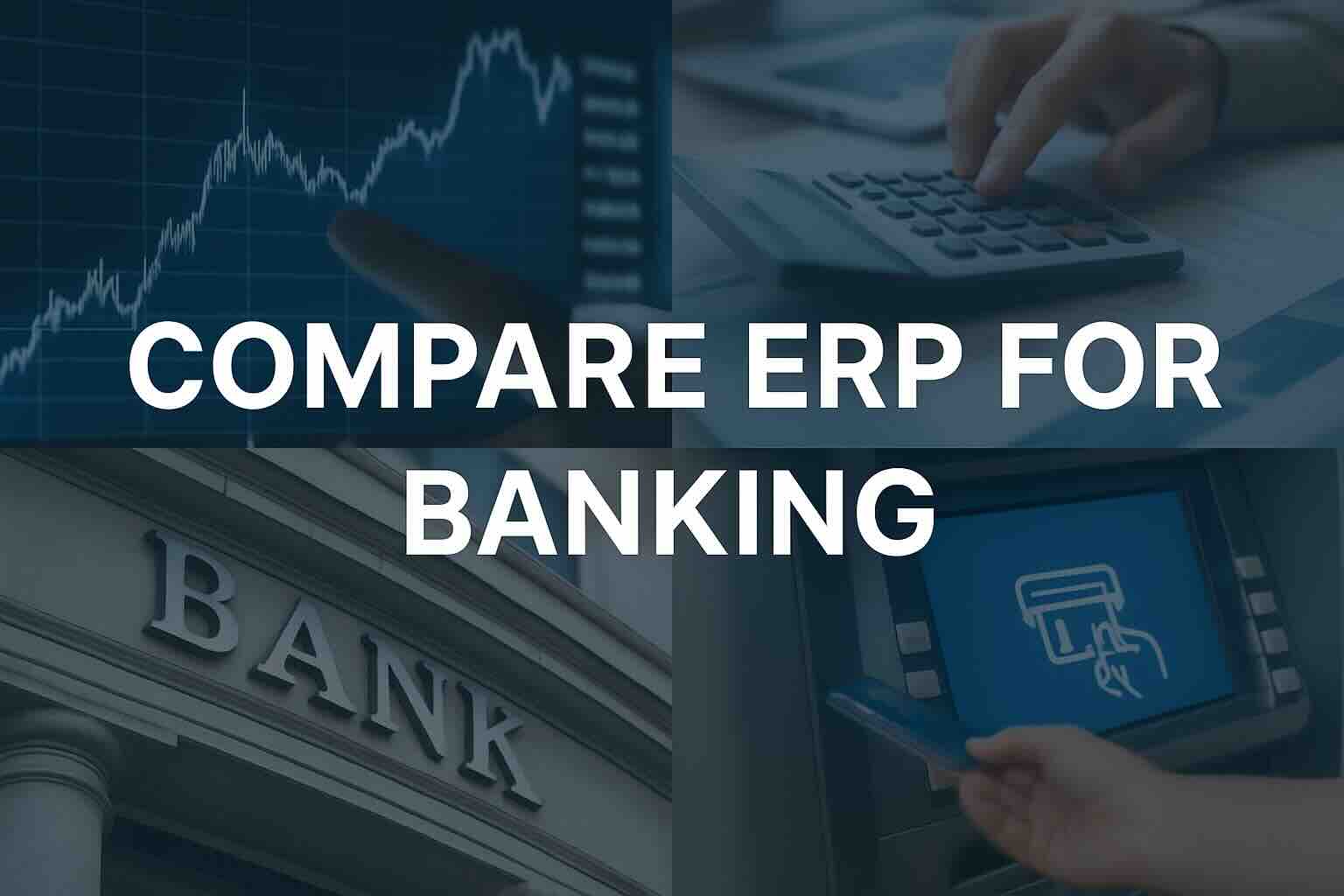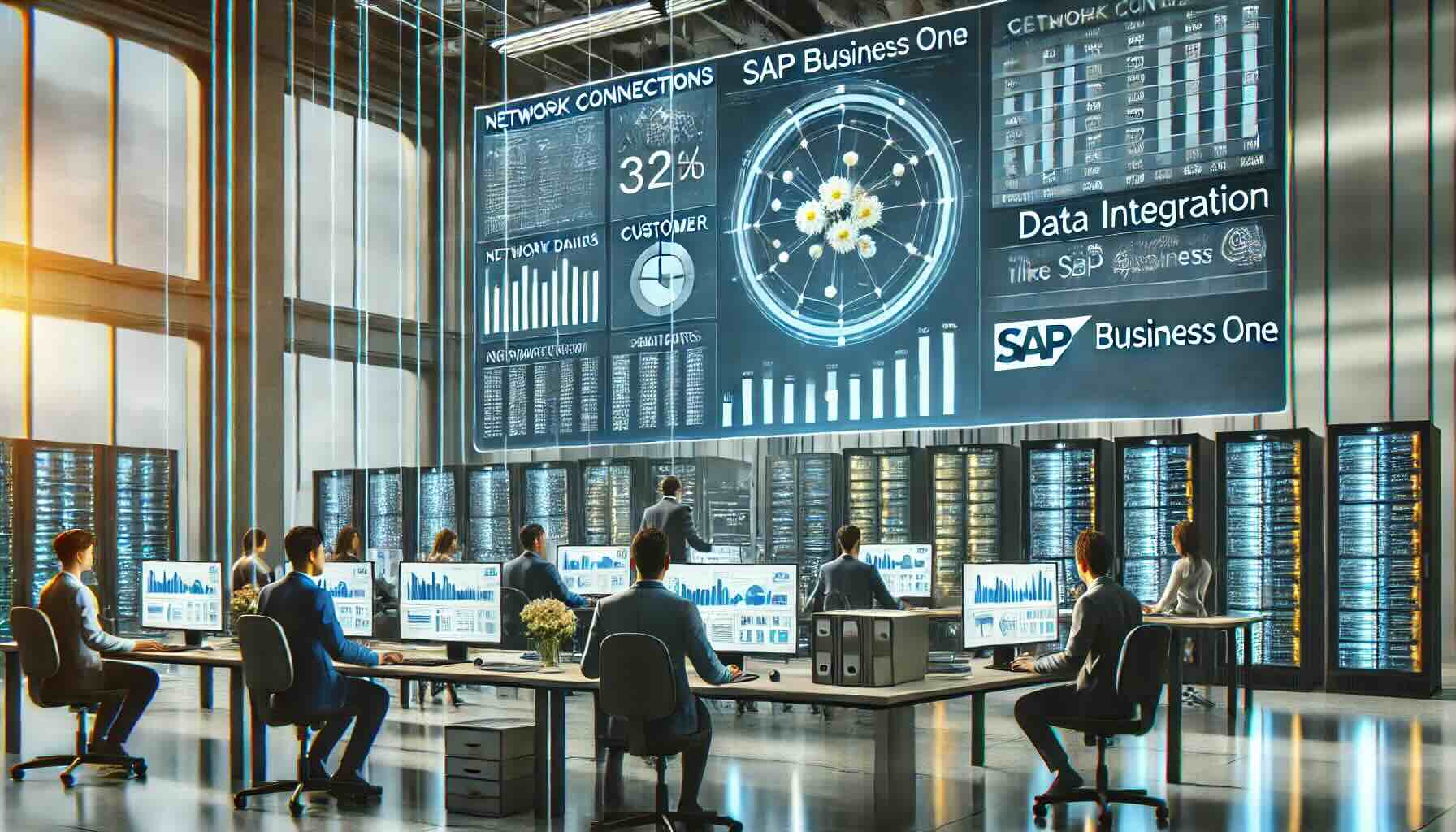Workday vs NetSuite: A Comprehensive Comparison
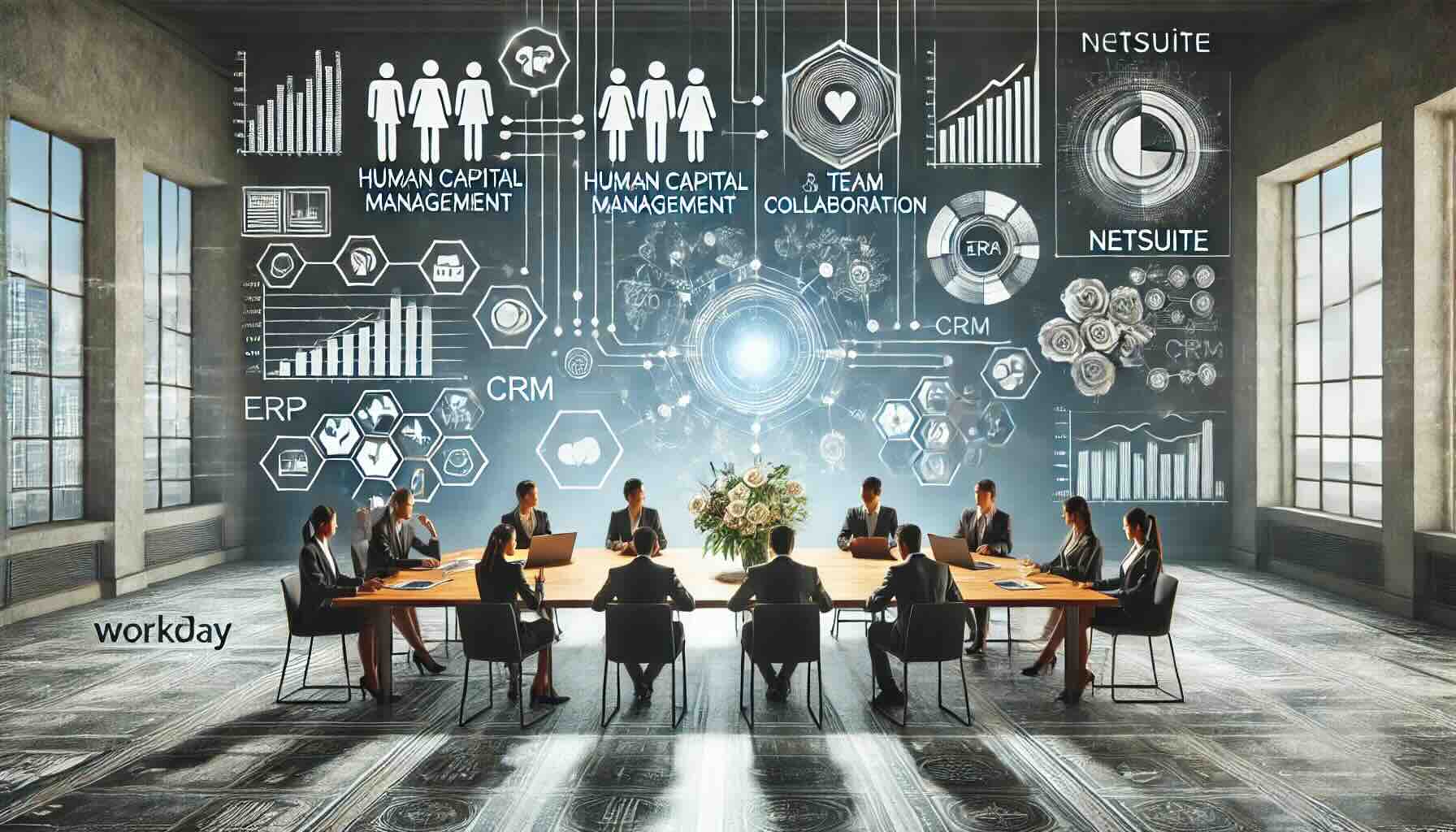
When businesses evaluate enterprise resource planning (ERP) and financial management systems, two prominent names often surface: Workday and NetSuite. Both platforms offer robust solutions for organizations, but they cater to slightly different needs and markets. This article compares Workday vs NetSuite, helping you determine which is the best fit for your business.
What is Workday?
Workday is a cloud-based software solution that specializes in human capital management (HCM), financial management, and enterprise planning. It is tailored for medium to large enterprises, offering tools for managing workforce data, payroll, and financial processes. Workday is recognized for its intuitive interface, advanced analytics, and adaptability to global business needs.
Key Features of Workday
- Human Capital Management (HCM): Centralized employee data, talent management, and workforce planning tools.
- Financial Management: Real-time insights into financial performance, planning, and budget controls.
- Adaptive Planning: Enterprise-wide planning and forecasting capabilities.
- Global Reach: Compliance tools for managing diverse regulatory requirements.
What is NetSuite?
NetSuite, owned by Oracle, is a comprehensive cloud ERP platform that primarily focuses on financial management, customer relationship management (CRM), e-commerce, and supply chain management. It’s highly scalable and particularly popular with small to medium-sized businesses and growing enterprises.
Key Features of NetSuite
- ERP Functionality: Seamless integration of financial, supply chain, and operational data.
- CRM: Enhanced customer relationship tracking and management.
- E-commerce Integration: Omnichannel commerce features for online and offline operations.
- Customization: Extensive capabilities to tailor workflows and reports.
Workday vs NetSuite: Key Comparisons
Primary Focus
Workday specializes in HCM and financial management, making it the preferred choice for companies with significant workforce needs. On the other hand, NetSuite focuses on being a comprehensive ERP solution, covering financials, supply chain, and CRM.
Ideal Users
Workday is designed for medium to large enterprises, particularly those needing global workforce management and financial planning tools. NetSuite caters to small and mid-market businesses, offering scalability as they grow.
Ease of Use
Workday is known for its intuitive interface, which is user-friendly for non-technical staff. NetSuite offers comprehensive functionality but may involve a steeper learning curve for users unfamiliar with ERP systems.
Customization and Flexibility
NetSuite stands out with its highly customizable workflows and reports, allowing businesses to adapt the platform to their unique needs. Workday, while powerful, offers limited customization compared to NetSuite.
Integration and Compatibility
Both platforms support integrations with third-party tools. Workday seamlessly connects with enterprise-grade software like Salesforce and ServiceNow, while NetSuite offers robust APIs for a broader range of applications, including e-commerce and supply chain tools.
Pricing
Workday operates on a premium-tier pricing model, often making it more suitable for larger enterprises with bigger budgets. NetSuite’s pricing is more flexible, based on the number of users, modules, and transaction volumes, making it accessible for smaller businesses.
Strengths and Limitations
Why Choose Workday?
Workday excels in human capital management and financial planning, making it ideal for companies prioritizing workforce optimization. Its global compliance tools and advanced analytics are invaluable for large enterprises. However, it is more expensive and less comprehensive in ERP functionality compared to NetSuite.
Why Choose NetSuite?
NetSuite is a robust ERP solution that integrates financials, supply chain, and CRM in a single platform. It is highly customizable and scalable, making it a great choice for growing businesses. However, its HCM capabilities are not as strong as Workday’s, and implementation can be complex.
Industry-Specific Use Cases
Workday
Workday is particularly effective in industries with complex workforce requirements:
- Healthcare: Efficient staff scheduling, payroll, and compliance.
- Higher Education: Workforce planning and financial management for academic institutions.
NetSuite
NetSuite serves industries requiring end-to-end ERP solutions:
- Retail: Seamless inventory and e-commerce management.
- Manufacturing: Comprehensive supply chain and production oversight.
Scalability and Global Reach
Workday is often favored by large enterprises due to its ability to manage complex global operations and large workforces. NetSuite, while scalable, is particularly suited for small to medium-sized businesses transitioning to more advanced ERP systems.
Conclusion: Which is Better for Your Business?
Choosing between Workday vs NetSuite depends largely on your business needs:
- Choose Workday if:
- Your primary focus is workforce and talent management.
- You are a large enterprise needing advanced HCM and financial planning tools.
- Choose NetSuite if:
- You need a complete ERP solution with financials, CRM, and supply chain management.
- You are a growing business looking for scalability and customization.
Both Workday and NetSuite are leaders in their respective domains. By carefully assessing your organization’s size, goals, and priorities, you can make the best decision to streamline operations and drive growth.
To compare Workday and Netsuite with 100s of other ERP solutions, you can use our new AI-powered Compare ERP tool. It’s free to use and you get a guaranteed discount on your first year’s licence fees with a referral from Compare ERP.

